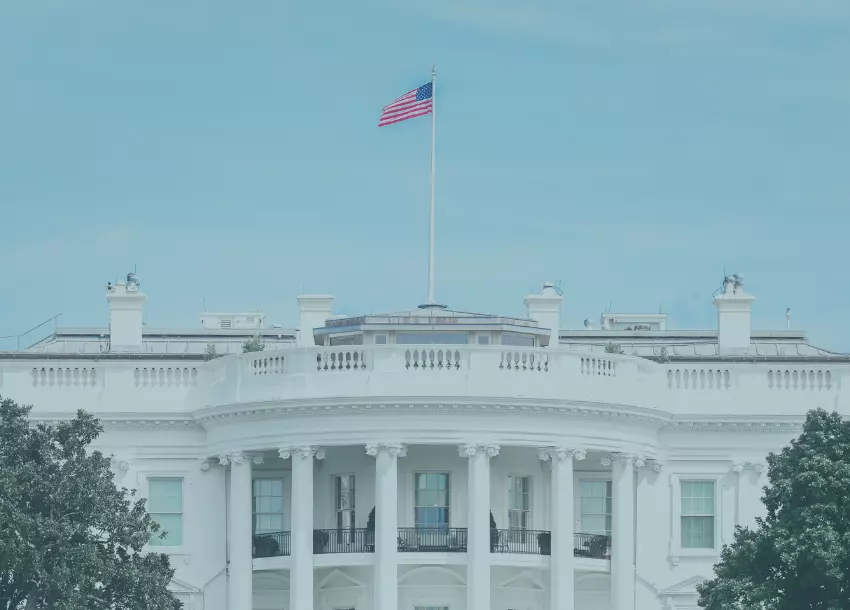“Watch Your Step Kid”: Wu-Tang Clan Ruling Expands Trade Secrets Law and Serves as Reminder to Companies to Look Over Protections of Trade Secrets and Unique Assets.
In a novel application of trade secret law, a federal district court has ruled that, given its confidential and exclusive nature, a Wu-Tang Clan album could be a trade secret protected under the Defend Trade Secrets Act (DTSA)—thus expanding the definition of trade secrets beyond traditional business information.
The ruling to allow the claim in a trade secret misappropriation case to proceed not only has significant implications for companies in digital asset markets and those dealing with luxury goods, but it is also an important reminder to all companies that trade secrets law under the DTSA is evolving and that they should review internal documentation, safety measures, and employee compliance procedures to ensure the confidentiality of trade secrets and the protection of unique assets.
Pending in the U.S. District Court of the Eastern District of New York, the case centers on “Once Upon a Time in Shaolin,” an album recorded in secret over the course of six years by legendary hip-hop group the Wu-Tang Clan. Completed in 2014, “Once Upon a Time in Shaolin” was literally one-of-a-kind. Only a single copy was created, and the two-disc set was encased in a jewel-encrusted box—like a piece of art. “We’re making a single-sale collector’s item,” a member of the group told The Guardian at the time of its completion. “This is like somebody having the scepter of an Egyptian king.”
In 2015, Martin Shkreli, a then-hedge fund executive, bought the album for $2 million, making it at that time the most expensive record ever sold. To preserve the album’s secrecy and rarity, the purchase agreement governing the sale imposed an 88-year bar on commercial exploitation and also contained strict restrictions on usage. However, following Shkreli’s securities fraud conviction, the government seized the album from Shkreli, and digital art collective, PleasrDAO, bought the sole physical copy and associated rights at an auction in 2021 for more than $4 million.
Last year, PleasrDAO sued Shkreli. The complaint against Shkreli accuses him of, among other claims, misappropriation of trade secrets under the DTSA and under New York law. According to the complaint, PleasrDAO alleges that, although it officially owns the only copy of the album that is supposed to exist, Shkreli has hosted live streams where he brags about retaining copies and he has played portions of the album.
Shkreli moved to dismiss the complaint. However, recently, the court denied Shkreli’s motion on the grounds that the album’s secrecy, limited duplication rights, and economic value derived from exclusivity were alleged sufficiently to meet the criteria for a trade secret. The DTSA broadly defines a “trade secret” to include “all forms and types of financial, business, scientific, technical, economic, or engineering information” that the owner has taken reasonable measures to keep secret and that derives independent economic value from its secrecy. The court found that the album’s secrecy and exclusivity could place it within such a definition of trade secret.
In reaching its decision, the court focused on the allegations regarding the economic value of the album, stating, “Though the Court agrees with Plaintiff on this factor, it cannot be understated that the application of trade secret doctrine to the unique facts of this case is uncharted territory.” Among other things, in considering the elements of the claim, the court held that the independent economic value of the album came from the album’s exclusivity as well as PleasrDAO’s ability to create an “experience” that its competitors cannot, as opposed to commercial release or other traditional forms of music distribution. In other words, the court held that the album’s intrinsic value stemmed directly from the secrecy and exclusive nature of the album.
While trade secrets typically encompass traditional confidential and commercially valuable business information, such as customer lists, scientific formulas, and business prototypes, to mention a few, the Wu-Tang Clan ruling could have significant implications for companies that own exclusive or non-traditional assets. It opens the door for unique works and one-of-a-kind materials to be considered trade secrets. As such, it serves as an important reminder to companies that the DTSA is evolving and that they should review internal documentation, safety measures, and employee compliance procedures to ensure the confidentiality of trade secrets and the protection of unique assets.
In light of this, companies should make sure to:
- Maintain clear records on their assets to demonstrate (1) economic value from secrecy, (2) reasonable measures to safeguard their secrecy, and (3) confidentiality labels;
- Include provisions that preserve trade secret status in transfers of ownership and refine employee post-termination obligations; and
- Review how it handles litigation holds, investigations, and other proceedings that might implicate unique assets.
As this case proceeds to trial, additional guidance will likely come to light. In the meantime, companies should monitor this case and consider whether they need to take action to protect their trade secrets and unique assets further.
About Maynard Nexsen
Maynard Nexsen is a full-service law firm of 600+ attorneys in 31 locations from coast to coast across the United States. Maynard Nexsen formed in 2023 when two successful, client-centered firms combined to form a powerful national team. Maynard Nexsen’s list of clients spans a wide range of industry sectors and includes both public and private companies.
Related Capabilities







